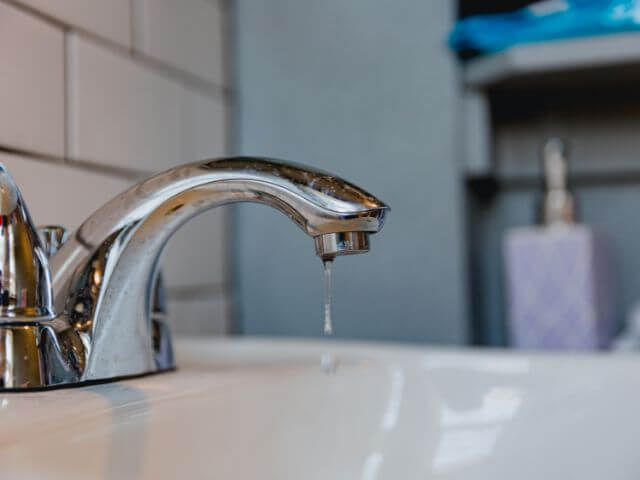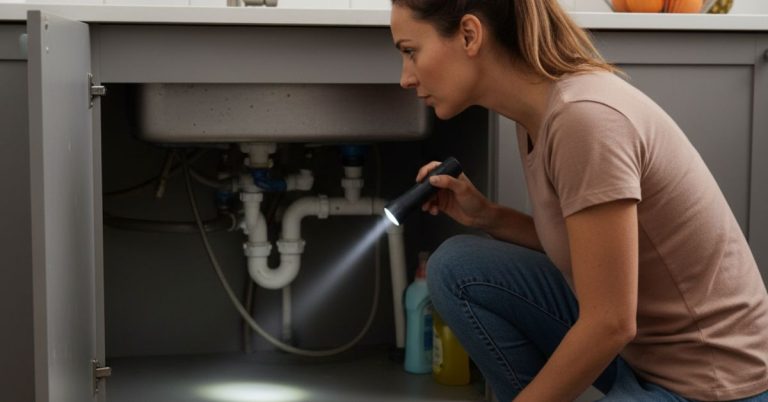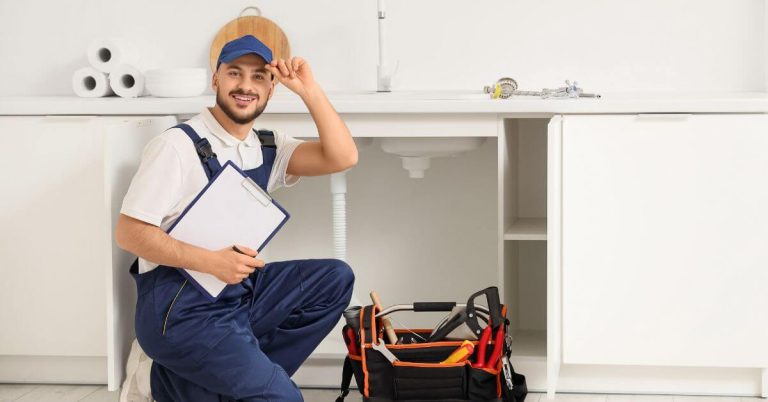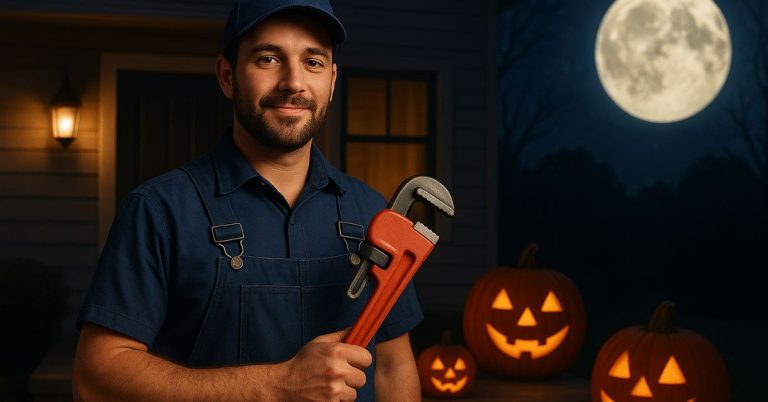Plumbing systems are an essential part of any household or business, providing the necessary infrastructure for the smooth running of daily activities. Whether it’s ensuring a consistent water supply, waste disposal, or heating, maintaining a healthy plumbing system is critical for preserving the integrity of your property and avoiding costly repairs. By following a few proven tips for maintaining a healthy plumbing system, you can extend the lifespan of your pipes, prevent potential plumbing disasters, and save money on repairs.
Table of Contents
Regular Inspections: Catch Issues Early
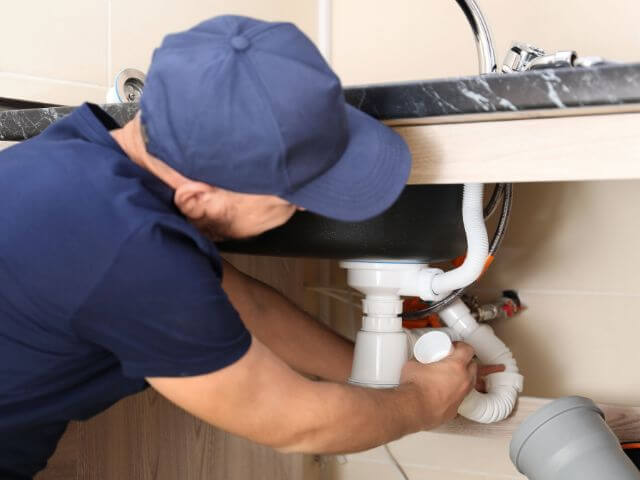
One of the most effective ways to keep your plumbing system in good condition is through regular inspections. Plumbing systems can have underlying issues that are not immediately visible to the naked eye, such as slow leaks or pipe corrosion. Scheduling a professional plumbing inspection once a year ensures that any problems are identified and addressed before they escalate into major issues.
During the inspection, a qualified plumber will check for signs of leaks, blockages, corrosion, or wear and tear in your pipes. By identifying these problems early, you can avoid unexpected water damage, mold growth, and the need for expensive emergency repairs.
Proper Drainage Maintenance
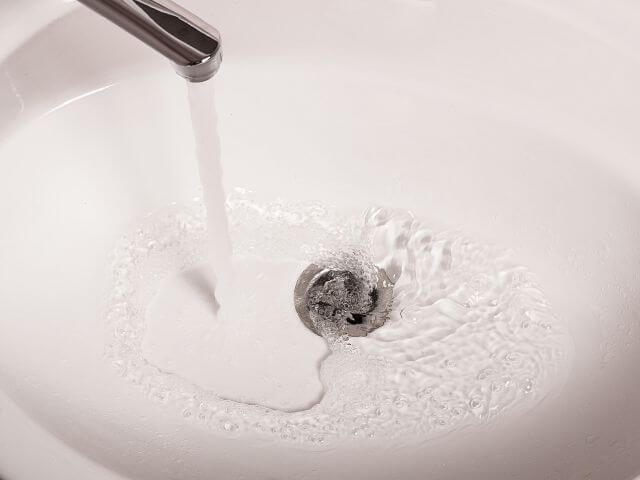
Clogged drains are one of the most common plumbing issues homeowners face. Regular maintenance is essential to ensure your drainage system works efficiently and to prevent blockages that could lead to backups, bad odors, and potential water damage.
Use Drain Screens
To prevent debris such as hair, food particles, and soap scum from clogging your drains, use drain screens or strainers. These simple devices can catch debris before it enters the pipes, keeping your drains clear. Clean these screens regularly to maintain optimal water flow.
Flush Drains with Hot Water
Flushing your drains with hot water once a week is an effective way to prevent grease, soap, and other residues from building up in your pipes. The hot water helps dissolve these substances and flushes them through the system, preventing clogs before they form.
Avoid Chemical Drain Cleaners
Although chemical drain cleaners may provide a quick fix for clogged drains, they can be harmful to your plumbing system. Over time, the harsh chemicals can corrode pipes, causing further damage. Instead, opt for natural solutions like baking soda and vinegar or consult a professional plumber if the clog is more severe.
Mindful Use of Your Plumbing System
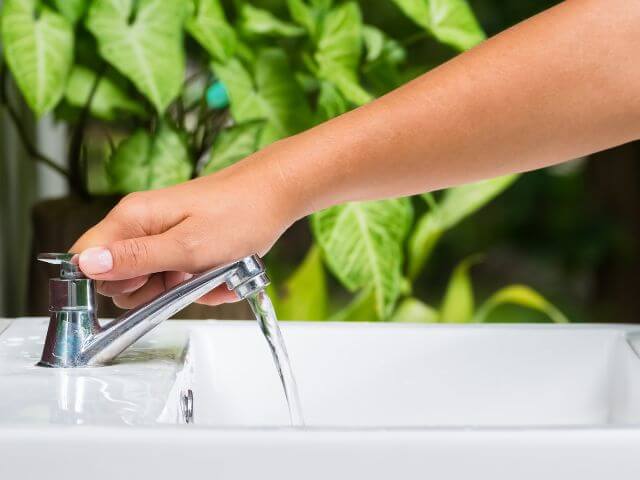
The way you use your plumbing system can have a significant impact on its longevity. Here are some simple yet effective habits that can help you maintain your plumbing system:
Avoid Flushing Non-Flushable Items
Many people make the mistake of flushing items like wet wipes, paper towels, or feminine hygiene products down the toilet. These items do not break down like toilet paper and can easily clog your pipes. Only flush human waste and toilet paper to avoid unnecessary blockages.
Limit Grease and Oil Disposal
Dumping grease, oil, and fats down the drain can cause serious problems in your plumbing system. These substances harden as they cool, creating blockages in your pipes. Instead, dispose of grease in a container and throw it away with your regular trash.
Don’t Overuse the Garbage Disposal
While garbage disposals can handle food waste, they should not be used as a substitute for proper waste management. Avoid putting fibrous vegetables, large bones, and non-food items into your disposal. Overloading it can lead to clogs and damage to the unit itself.
Get your water heater repaired or replaced the same day
Check for Leaks Regularly
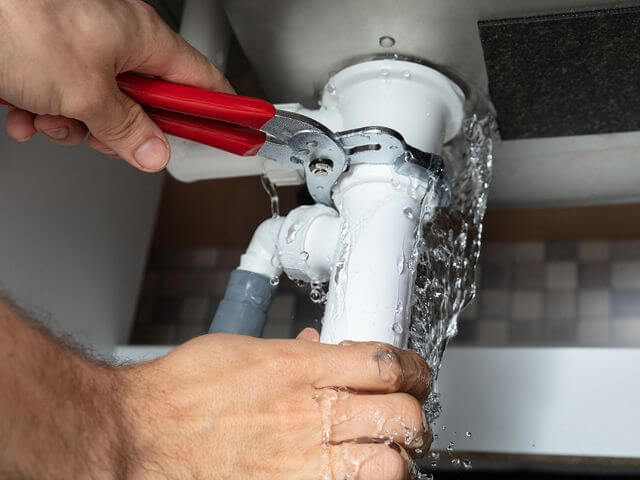
Small leaks may seem like a minor issue, but they can lead to significant water damage and higher utility bills over time. Regularly check visible pipes for leaks, especially in areas like under the sink, around the toilet, or near appliances such as the dishwasher or washing machine.
If you notice any signs of a leak, such as damp spots, mold growth, or an increase in your water bill, contact a professional for plumbing repair & replacement to fix the problem before it worsens. Even small leaks can waste hundreds of gallons of water each year, making timely repairs essential.
Maintain the Water Heater
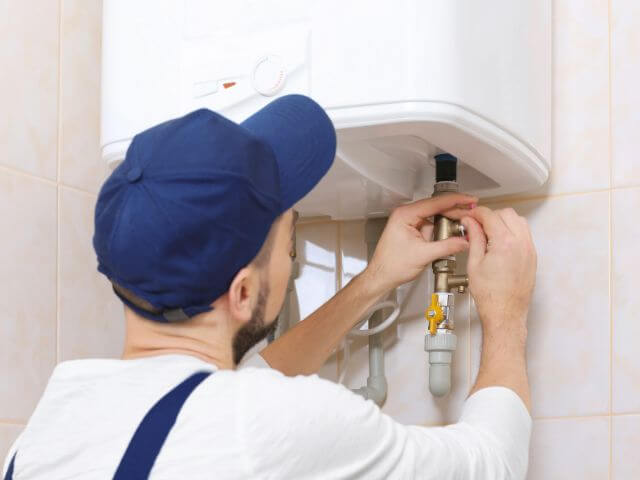
Your water heater plays a vital role in your home’s plumbing system, providing hot water for daily activities such as bathing, cooking, and cleaning. To ensure that it operates efficiently and lasts longer, proper maintenance is essential.
Flush the Tank Annually
Sediment buildup in your water heater can reduce its efficiency and lead to damage over time. Flushing the tank annually removes these sediments, improving the heater’s performance and extending its lifespan. If you’re unsure about how to perform this maintenance, a professional plumber can help.
Check the Temperature Setting
Setting the water heater temperature too high can cause unnecessary strain on the system and increase energy costs. Set your thermostat to 120°F (49°C) to ensure optimal performance without wasting energy. This also reduces the risk of scalding burns, particularly for children and the elderly.
Inspect the Anode Rod
The anode rod in your water heater helps prevent rust and corrosion by attracting the minerals in the water. Over time, the rod can deteriorate and needs to be replaced. Regular inspection of the anode rod can prevent rust buildup and keep your water heater in top condition.
Protect Pipes from Freezing
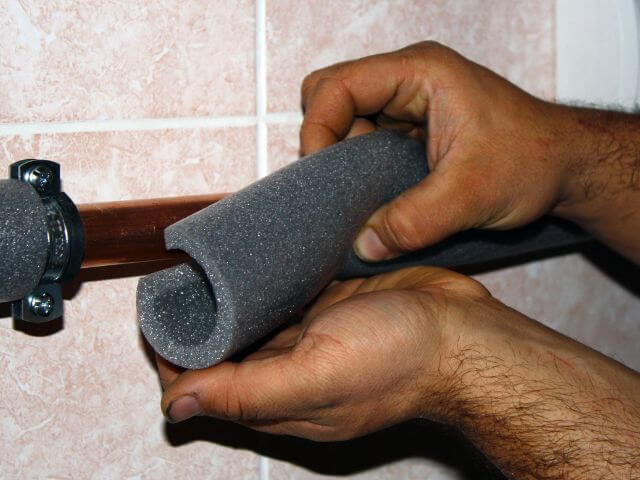
In colder climates, frozen pipes are a common issue that can lead to extensive water damage. When water freezes inside the pipes, it expands and causes the pipes to crack or burst. To prevent this, take the necessary precautions to protect your pipes during the winter months.
Insulate Exposed Pipes
Insulate pipes in unheated areas, such as basements, attics, and crawlspaces, using foam pipe insulation or heat tape. This will help keep the pipes warm and reduce the risk of freezing.
Let Faucets Drip During Extreme Cold
If the temperature drops significantly, allow faucets connected to exterior pipes to drip slightly. This will keep the water moving, reducing the chances of freezing.
Seal Drafts Around Pipes
Check for drafts around pipes, particularly in areas where they exit the home. Sealing gaps and cracks can help keep cold air from reaching the pipes, further protecting them from freezing.
Install a Water Softener
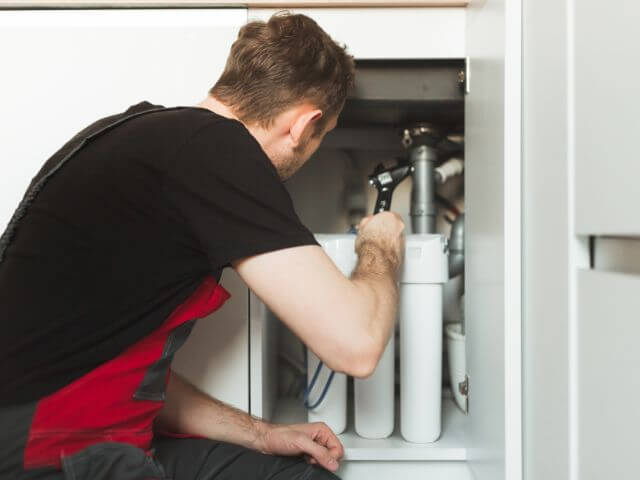
If you live in an area with hard water, installing a water softener can help prevent mineral buildup in your pipes and appliances. Hard water contains high levels of calcium and magnesium, which can create limescale deposits that reduce the efficiency of your plumbing system.
A water softener works by replacing the minerals in hard water with sodium, preventing scale buildup and extending the life of your pipes and water-using appliances. It also helps keep your skin and hair softer after bathing and reduces soap scum buildup on shower walls and sinks.
Hire a Professional Plumber for Repairs and Maintenance
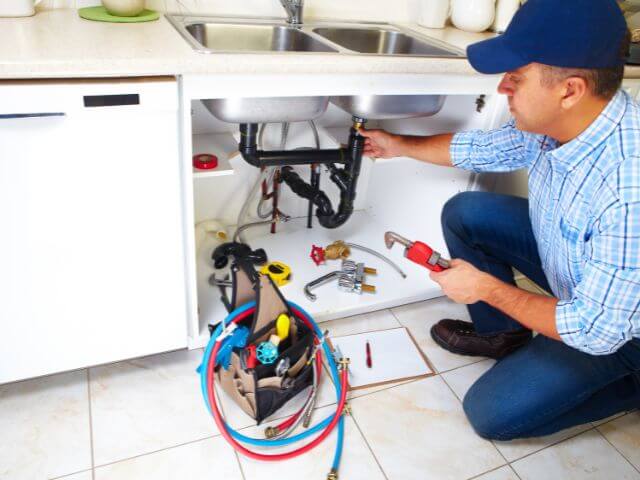
While some plumbing maintenance tasks can be handled with basic DIY skills, there are situations where calling a professional is the best choice. A licensed plumber has the expertise to diagnose and repair complex issues, install new fixtures properly, and ensure your entire plumbing system operates efficiently. Ignoring or attempting to fix major plumbing problems on your own can lead to costly water damage, leaks, or even health hazards.
When you need expert assistance, searching for a plumbing service near me can help you find reliable professionals who can handle the job effectively. For top-quality repairs and maintenance, trust 5 Star Best Plumbing. Our skilled team is equipped to tackle any plumbing issue, from leaky pipes to water heater installations, ensuring your home’s plumbing remains in peak condition. Don’t wait for small problems to turn into costly repairs—contact us today for dependable service!
FAQs
How often should I have my plumbing system inspected?
It’s best to schedule a professional plumbing inspection at least once a year to catch potential issues early. Regular inspections help prevent costly repairs and water damage.
What is the safest way to unclog a drain?
A mix of baking soda and vinegar followed by hot water can effectively break down minor clogs. For stubborn blockages, use a drain snake or contact a plumber.
How can I prevent my pipes from freezing in winter?
Insulate exposed pipes, let faucets drip during extreme cold, and seal drafts to prevent freezing. These steps reduce the risk of pipe bursts and water damage.
Why should I avoid using chemical drain cleaners?
Chemical drain cleaners can corrode pipes over time, leading to leaks and costly repairs. Natural alternatives like baking soda and vinegar are safer and eco-friendly.
When should I call a professional plumber?
Call a plumber if you notice persistent leaks, low water pressure, clogged drains, or water heater issues. Prompt professional repairs can prevent bigger problems and costly damage.

